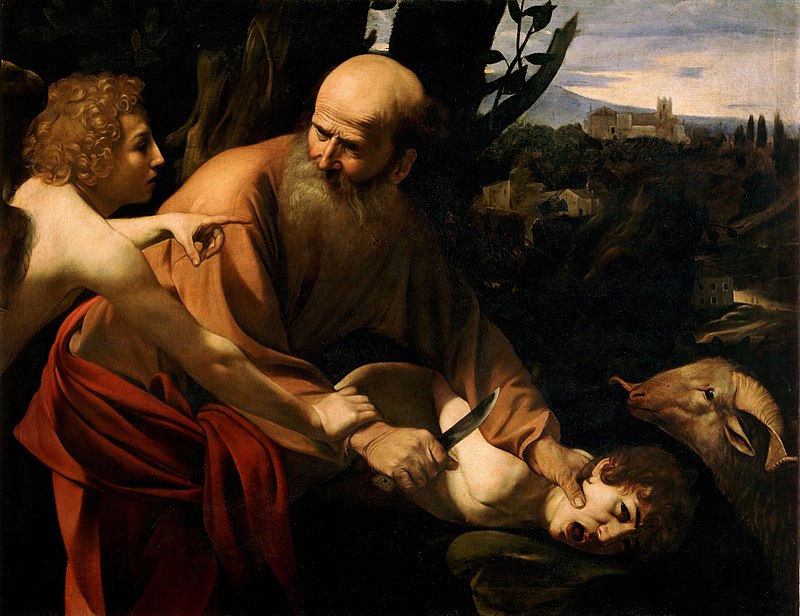IdleRich
IdleRich
From very early on, it's clear that Adam/Eve and their descendants aren't the only human beings around, that once they're out of Eden they're in an already-populated world. The notion that all human beings are supposed to be descended from this original couple has very little support in the bible as written. It's what you might think must be true, on the basis of their being the first-created human beings, but the story doesn't actually adhere to that logic at all.
The bit with Abraham sacrificing his son is one of the worst bits for me. For starters God asks him to kill his son which is pretty cuntish right off the bat... then Abraham is all "Well, I don't really want to... I mean, you promised I was gonna father a race and he's my only son and my wife is menopaused now. Oh, and I like him too. But, yeah, you're God ok fuck it I suppose I did say I would obey you in all things, I guess I'll do it". And then he goes to do it but God stops him at the last minute - and then, the real kicker, the really pathetic and tawdry thing about is when people say "Well God metaphorically brought him back to life by stopping the sacrifice". Really? We're right near the start of the first fucking book (the fire and brimstone one) and already they're falling back on this soft shite. The same kind of thing that your CofE vicar said in assembly about how something about how someone, I dunno, surviving a car crash was a miracle - God caused a miracle by letting someone survive. And you're asking "but there was no flash, no magic, nothing beyond normal happened, why was it a miracle?" and the vicar says that him surviving was a miracle and that's what we get now. But it's so disappointing to find out things were watered down to that extent so early. Am I making sense.

